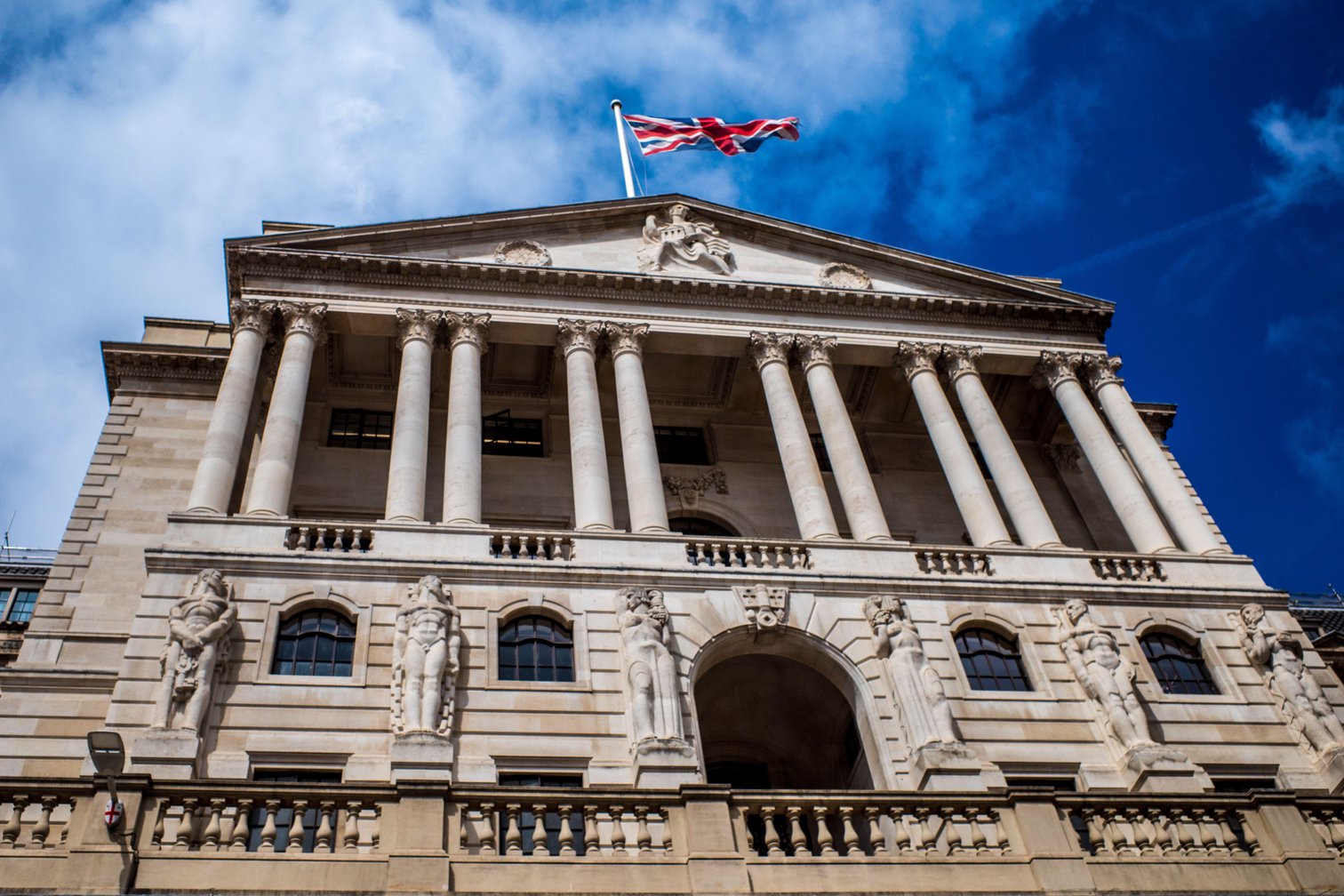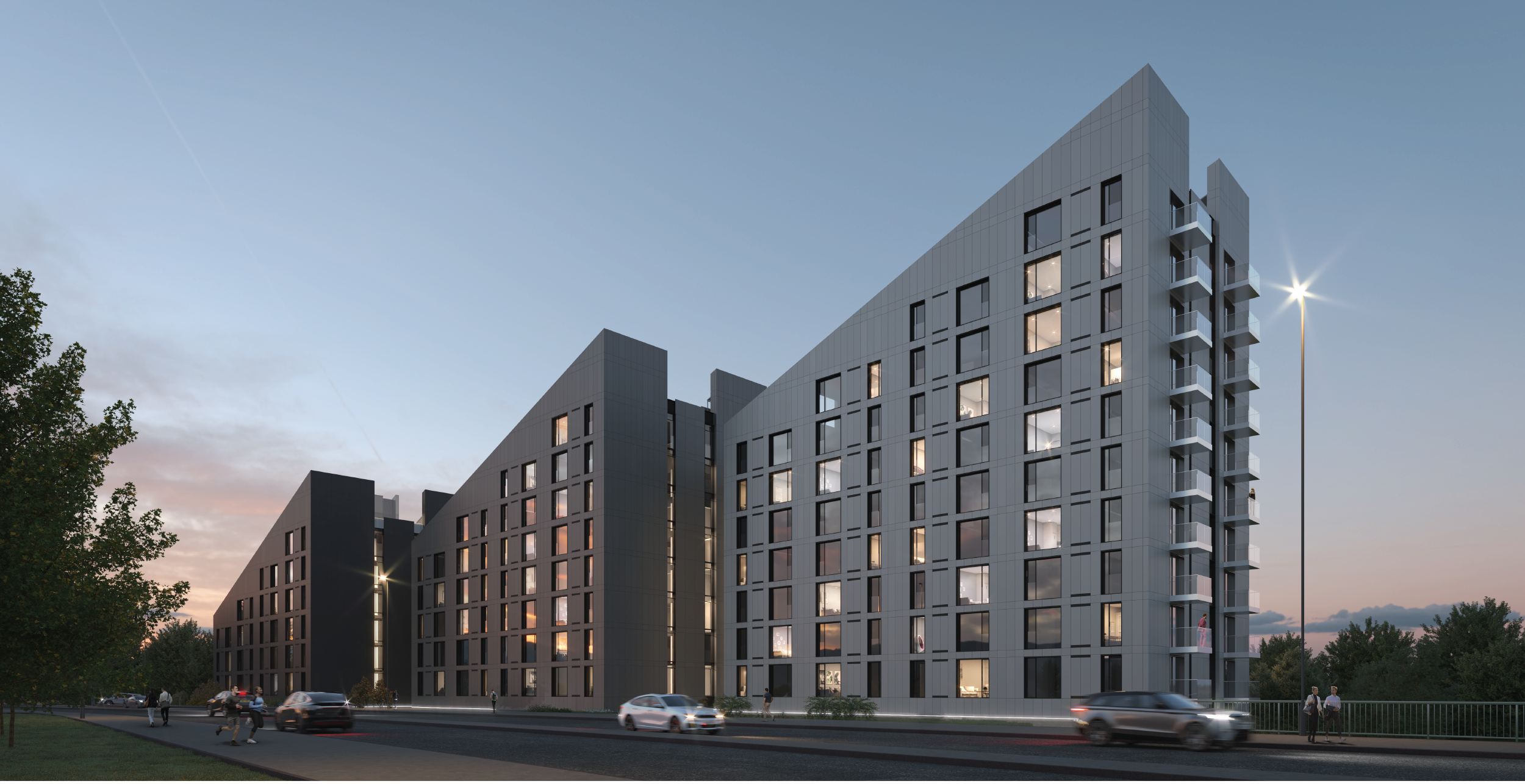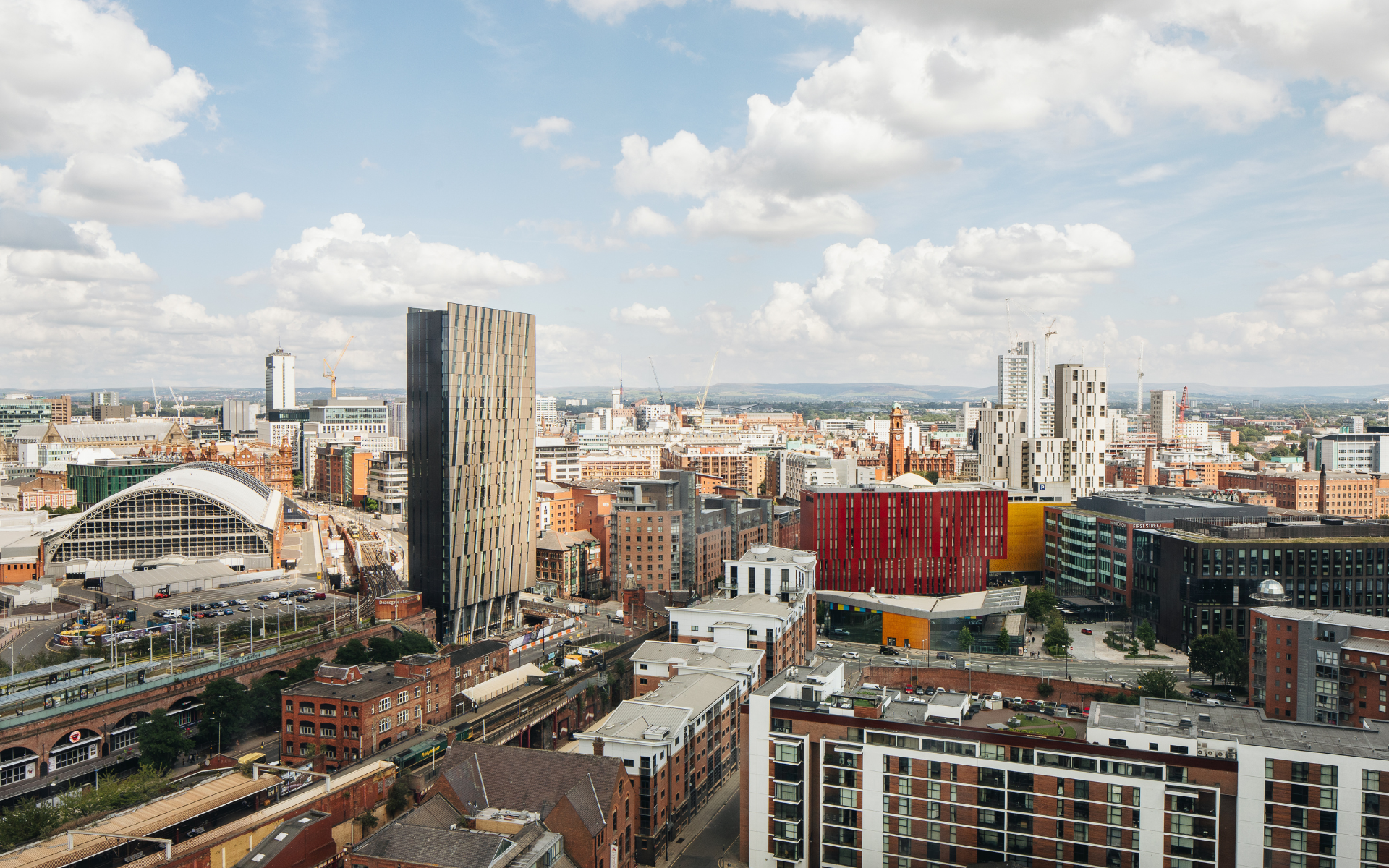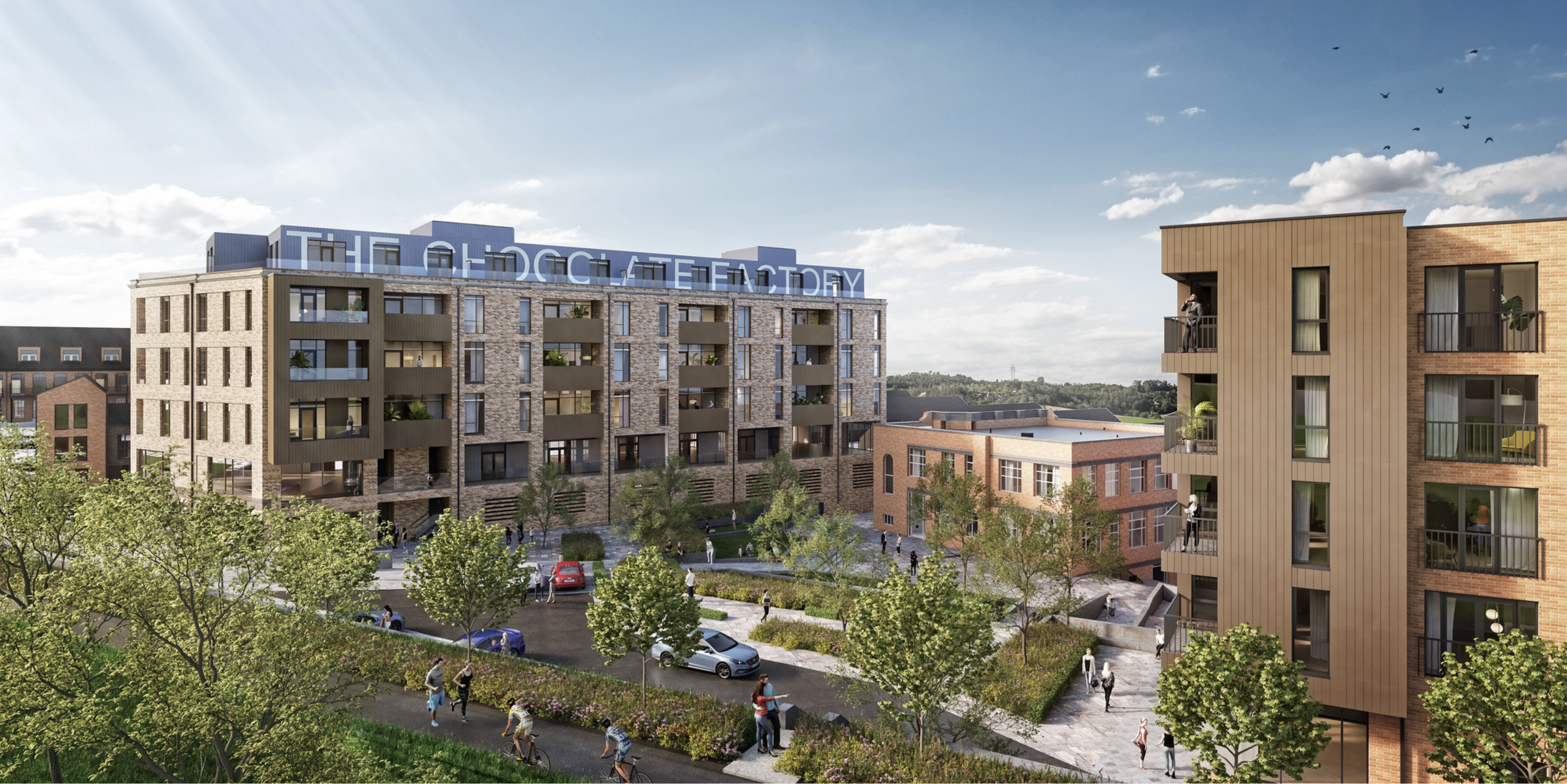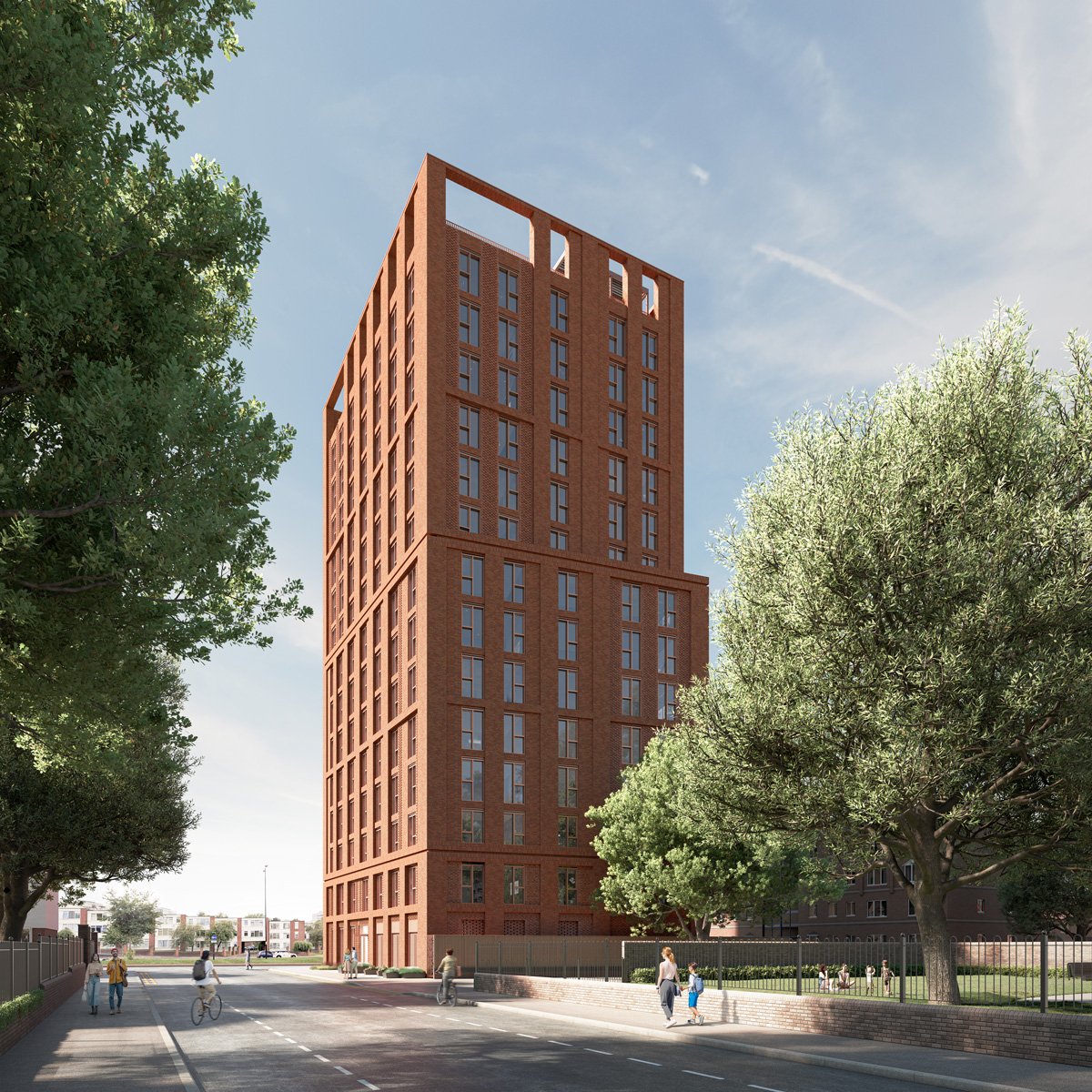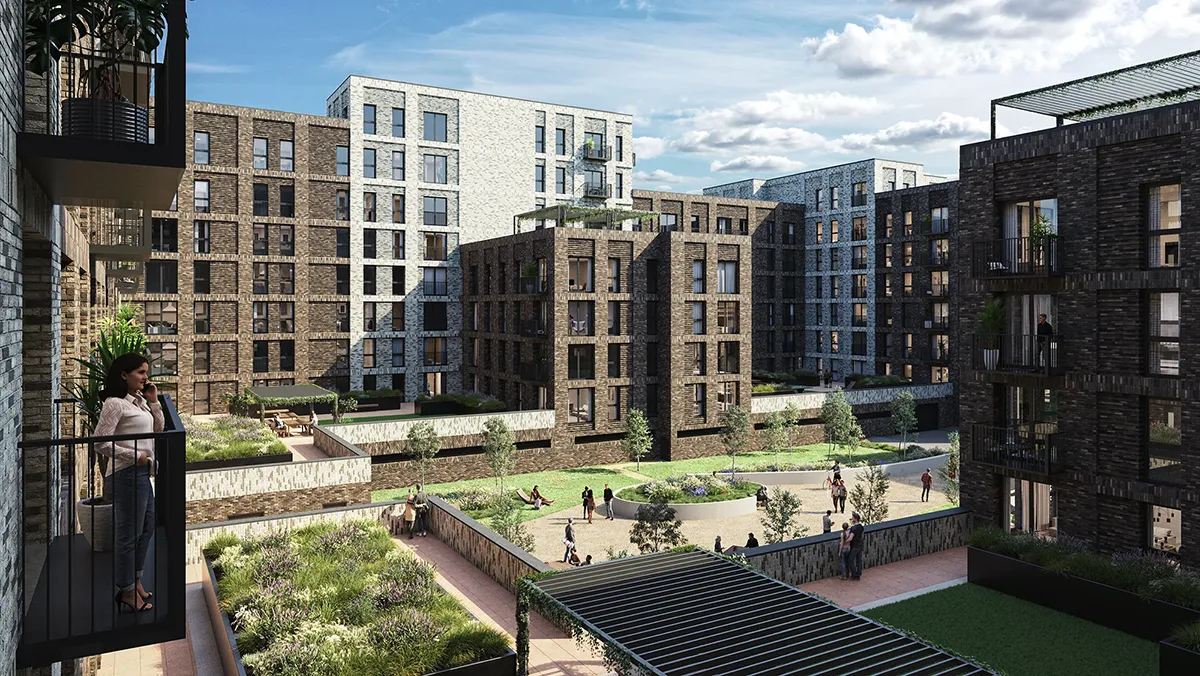UK Spring Budget and its effect on the property market
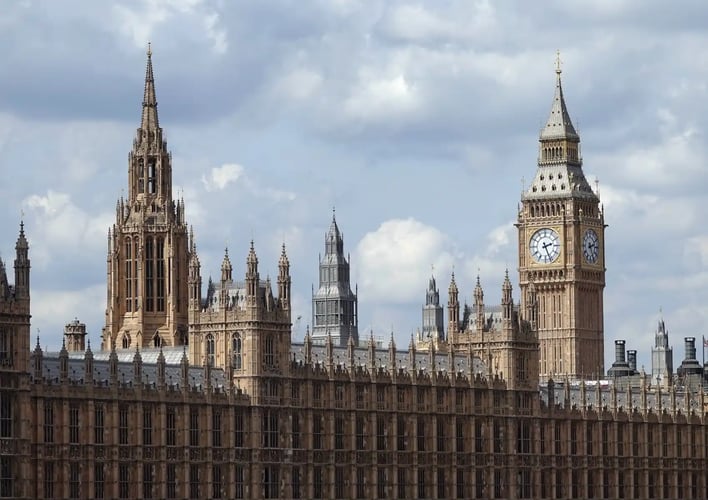
The Chancellor of the Exchequer, Jeremy Hunt, has delivered his Spring Budget statement in the House of Commons and the results are a wide ranging set of changes across many sectors of the economy.
With regard to the property market, there were few direct announcements, but the we can look at the economic news and forecasts to draw some conclusions for the future.
The first point of note is that Hunt has declared this Budget as one designed to ensure “long-term, sustainable, healthy growth.” Whether this means anything concrete is open to interpretation, but the major target is to get inflation back in line as a means of increasing prosperity.
The Office for Budget Responsibility (OBR) has declared that it expects inflation to fall from its level of 10.7% at the end of 2022 to a much lower 2.9% by the end of this year, based on the budget.
If this is achieved, the OBR believes that Hunt’s budget will lead to the economy contracting by 0.2% over the year as opposed to the 1.4% that was predicted in November.
Hunt believes that 2024 will then see economic growth of 1.8%, followed by 2.5% in 2025 and 2.1% in 2026.
What does this mean for the property market? The main thing to note is that by reducing inflation and slowing the contraction of the economy, Hunt aims to put the disastrous “mini budget” delivered last August by Liz Truss and Kwasi Kwarteng firmly in the past.
Homeowners and investors will no doubt remember how that budget immediately sent house prices tumbling as markets fell and everyone from all sides noted how extreme and unworkable it was.
Inflation rose and house prices began to fall as confidence in the market fell. If Hunt’s budget makes a positive contribution to stabilising the economy and returning confidence then it is likely to have positive outcomes in the long term for anyone who owns a property.
However, it should be noted at this stage that inflation may begin falling anyway thanks to global conditions, so it is up for debate to what degree Hunt’s Spring Budget will be able to take credit.
In the short term, though, it seems likely that house prices will continue to fall. Indeed, the OBR has revised its previous forecasts of a 9% fall downwards, and is now predicting a 10% fall this year.
The OBR said: “Leading indicators from Halifax and Nationwide suggest that house prices have already fallen by 3-6% between their peak in the middle of 2022 and February 2023.
“Low consumer confidence, the squeeze on real incomes, and the expectation of mortgage rate rises to come are expected to contribute to continued falls in house prices and a reduction in housing market activity.”
Those Nationwide reports from February confirm the first annual decline in the cost of a home since June 2020. The annual drop overall was 1.1%.
“While financial market conditions normalised some time ago, housing market activity has remained subdued,” said Robert Gardner, Nationwide’s chief economist. “This likely reflects the lingering impact on confidence as well as the cumulative impact of the financial pressures that have been weighing on households for some time.”
The lingering impact on confidence is one explanation for the fall. The other is mortgages which became unaffordable for many, removing thousands of potential buyers from the market at the same time.
If inflation comes back under control in the timeframe set out above then it is likely that transactions will begin rising again due to the simple fact that interest rates will also be able to fall again – reducing the cost of mortgage products.
What does this mean for homebuyers and investors? Overall, there is one clear outcome. If you can afford to buy now, then buy off-plan. By doing so you will be purchasing at prices lower than we have seen for a long time, but you will not have to get a mortgage in the same bad conditions.
Instead, your property could well rise in value over the construction period as stability returns and the economy improves in the coming years. Likewise, you can stay out of the mortgage market until inflation and interest rates fall, then finalise it on completion of the property in the future when conditions are improved.
The property market faces many challenges, but the fiscal predictions coming out of the Spring Budget point to a situation where buying off-plan could allow you to benefit at both ends of the process.
Want to learn more about buying property off-plan in the UK? Get in touch with our team today by clicking here.
Continue Reading
